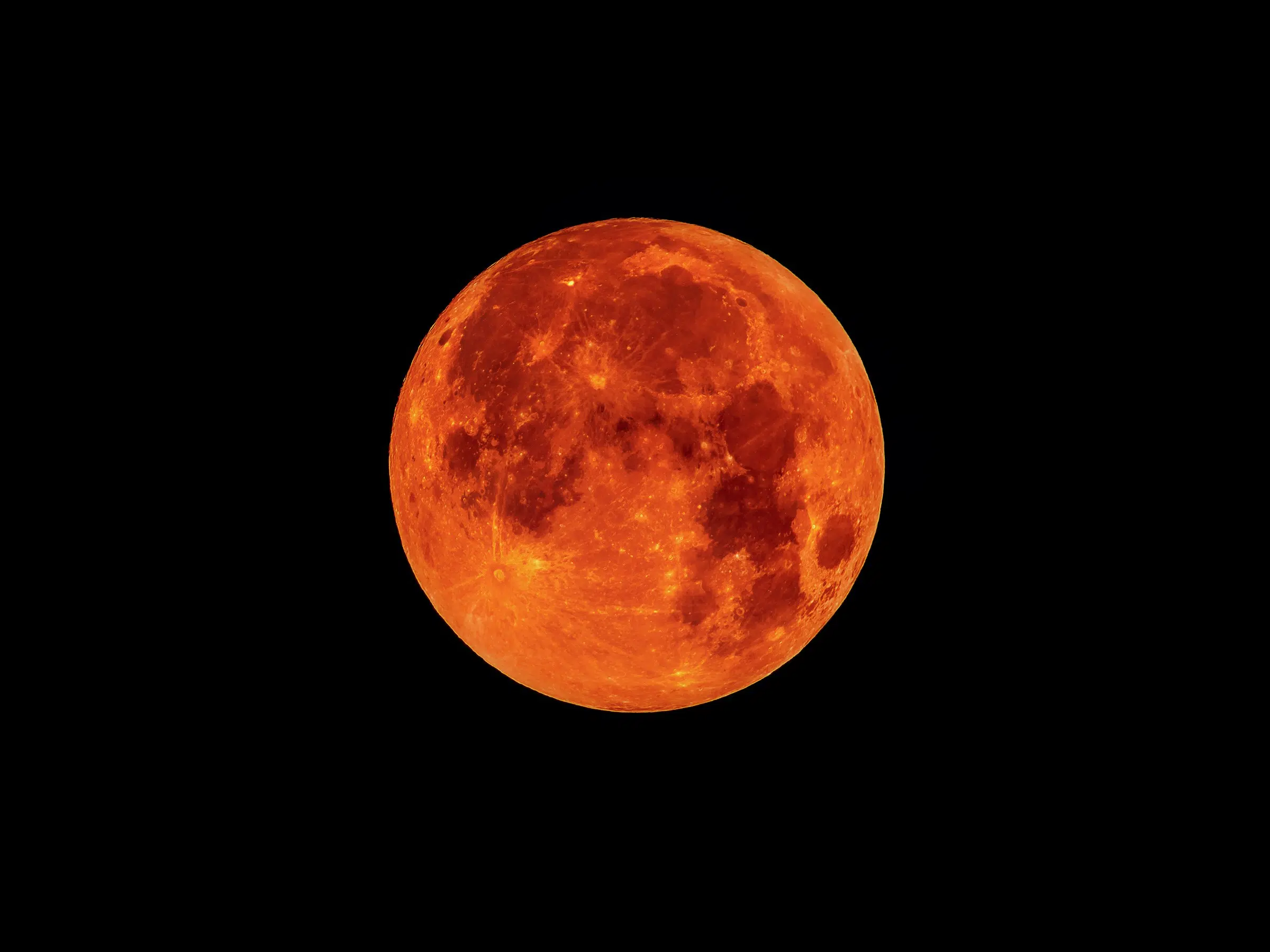Stargazers or rather, moongazers are in for a show this evening as the eclipse which has been dubbed the Super Blood Wolf Moon graces the skies of the western hemisphere. The term Wolf Moon is used to describe the January full moon but this year it happens to coincide with an eclipse. Super Moon refers to the moon being at it’s closest point of orbit to earth. The eclipse will be caused by the moon passing into the earth’s shadow from the sun which will give it a reddish-orange color which in recent years has been called a blood moon.
This will be the last total lunar eclipse for some time the next one is not until May 26, 2021.
“If people want to see a total lunar eclipse,” said Paul Hayne, an astrophysicist at the University of Colorado Boulder, “now is their best chance for the next few years.”
The eclipse is set to start at 10:34 PM this evening, becoming fully eclipsed at 12:02 PM. In total, the eclipse should last about five hours but the best viewing will be around midnight.
Londoners can expect clear skies this evening to create ideal viewing as Environment Canada’s clear sky report indicates there will be high visibility.
This is not like a solar eclipse and provides no health risks for viewers, and it will not require any special equipment to see. Although temperatures will be dropping down to minus sixteen tonight so be sure to dress warmly if you plan on watching.
Eastern Time Viewing Schedule
Partial umbral eclipse begins: 10:34 p.m. (January 20, 2019)
Total lunar eclipse begins: 11:41 p.m. (January 20, 2019)
Greatest eclipse: 12:12 a.m. (January 21, 2019)
Total lunar eclipse ends: 12:43 a.m. (January 21, 2019)
Partial umbral eclipse ends: 1:51 a.m. (January 21, 2019)





